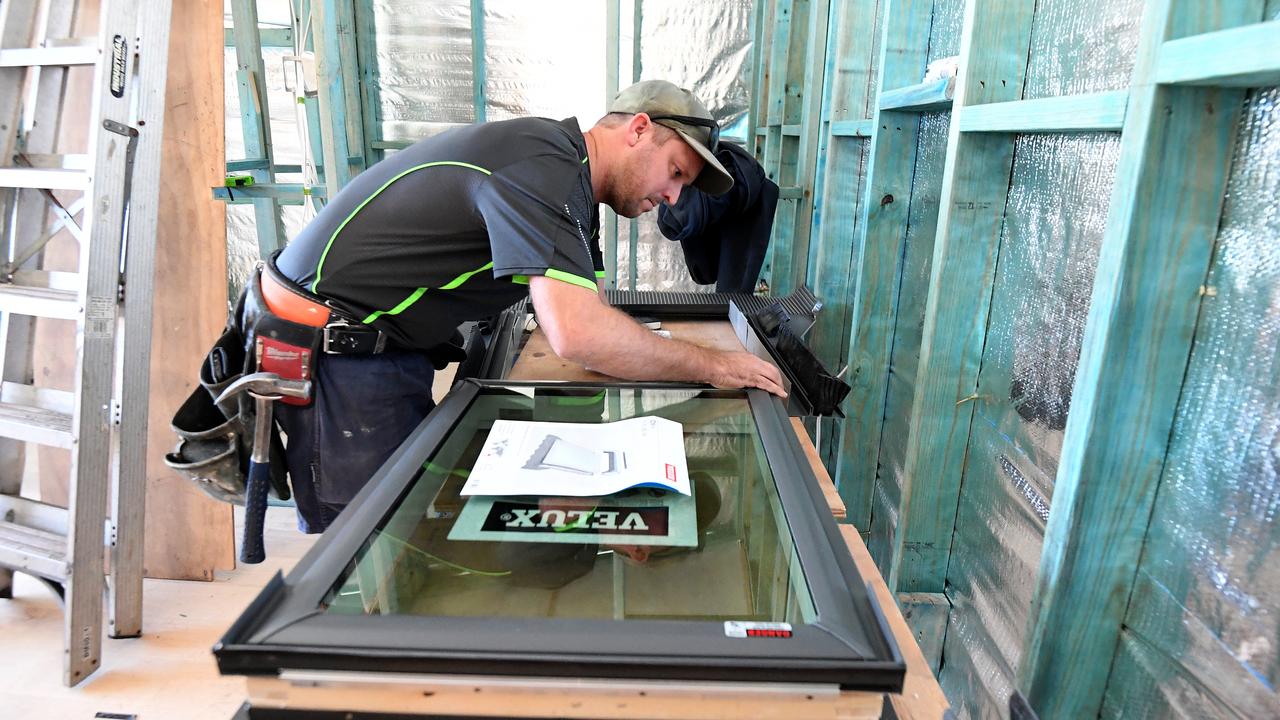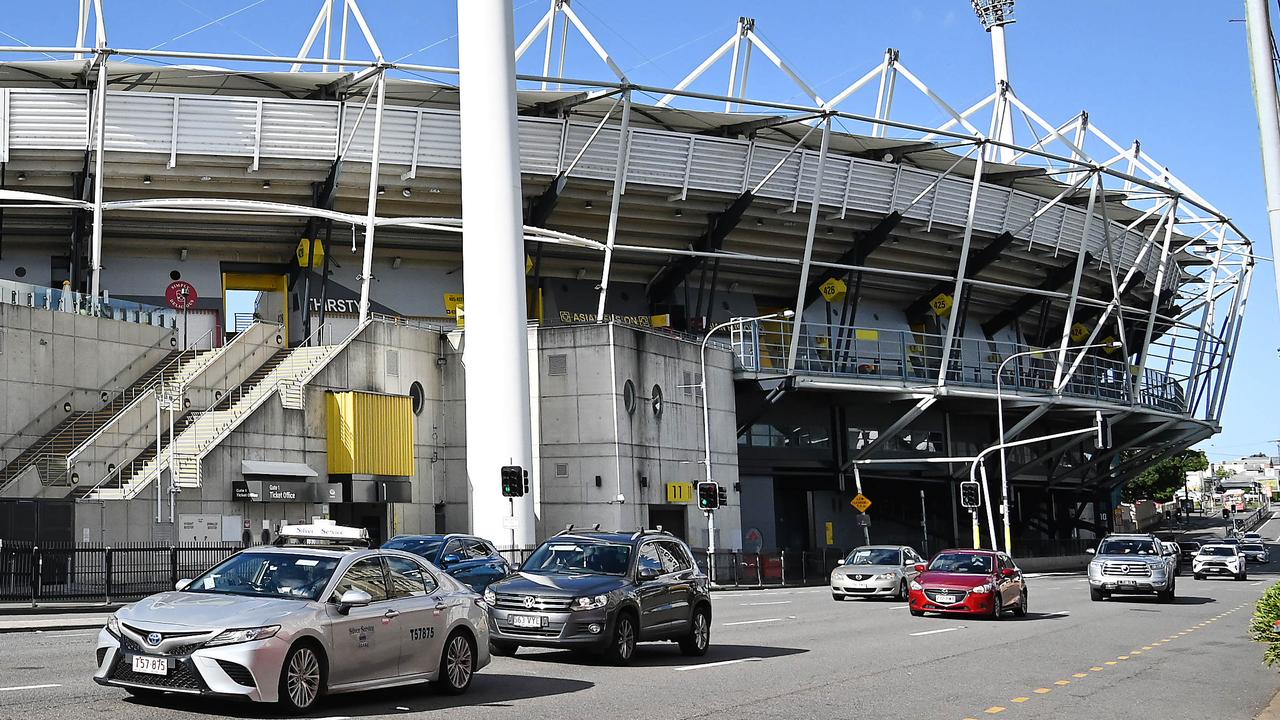Young Australians most vulnerable heading into the recession
The Australian recession will cause “a lot of pain” across the country, but economists say one group is at greatest risk of bankruptcy.

Don’t quit your job during a recession.
It’s the wisdom older generations love imparting on the young and ambitious hoping to hop and skip through life, bouncing from job to job.
But most Australians under the age of 30 weren’t alive when the last recession occurred in mid-1991, and have benefited from strong economic growth throughout their working lives.
The cruel catch this time around when the economy finally succumbs to a drought-breaking recession later in the year — defined as two consecutive quarters of negative growth — is the huge swath of the population already forced out of work due to the coronavirus lockdown.
And while the country feels as though it’s beginning to return to normal, Deloitte Access economist Chris Richardson says the heavy burden of the downturn has arrived and will be felt for some time.
“This is going to be the biggest downturn Australia has seen since the Great Depression,” he told news.com.au. “It’s already here.
“If you’ve already lost your job, you’re feeling the recession and chances are if you’re on JobKeeper you’ll recognise your job prospects are fragile on the other side.”
Those working in hospitality, travel and fitness have so far felt the full force of the economic shock but Mr Richardson said more industries will be impacted.
Those working with contract-based arrangements such as accountants and those in construction have managed to hold their income but warns more widespread job losses will come when revenue streams dry up.
“They’ve been chewing their way through their pipeline and so you will find some different people on the unemployment queue than we already know of,” the prominent economist said.
“History tells you there are two groups of losers in any downturn — young people and those who were just about to join the workforce for the first time.
“We’re seeing it in unemployment and underemployment among the young, but it’s particularly those who were just about to launch their careers.
“In bigger downturns, like this one, you’ve got a second group — the small business people who have slaved for decades and lost it all.
“There’s a lot of pain there as well.”
RELATED: World to plunge into worst recession since WWII
RELATED: How recessions affect wages, jobs, food prices

Leading independent economist Saul Eslake said employment will undoubtedly be a concern as the downturn sets in but will be concentrated to particular segments of the population.
“The cost of recessions are not shared equally but borne disproportionately by those who do lose their jobs,” he told news.com.au.
“And within that, so far at least, the burden of job losses has fallen disproportionately on women and people under the age of 30.”
The last in are typically the first out, Mr Eslake says, which means younger people are more vulnerable when the axe starts falling.
And those with limited education or skills will then find it difficult to gain employment due to the lack of opportunities and heightened competition.
“There would be people in their 50s who may have worked in the same job almost all their working lives and when they lose that job they simply don’t have the skills to go and find something in another location,” the economist said.
“And because they’re in the 50s, employers won’t see the point of investing in retraining because they’ll be retired in 10 years.
“It was particularly worse after the 90s recession when people who lost their jobs and were unemployed for more than a year found it really difficult to get back into work.
“And if they did get back into work, it was on a much lower wage.”

The Australian share market has recovered from its depths in March but remains volatile and is tipped to come under further pressure.
This means superannuation funds could be reduced, another blow for the older generation hoping to retire in the next few years, while the housing market, also a popular source for funding retirement, will likely absorb losses.
“And there are obviously a lot of business owners who have suffered significant losses and some of them may well go bankrupt or out of business,” Mr Eslake said.
The downturn will be severe but economists hope the recovery will come more rapidly than any other recession over the last 100 years because it was caused by a pandemic.
The brunt of the job losses inflicted so far have been due to the government enforced lockdown aimed at containing the spread of the deadly virus, Mr Eslake said.
And as social distancing measures continue to be eased, hundreds of thousands will go back to work.
“This downturn probably isn’t going to last as long and a lot of people will go back to the same jobs they had,” he said.
“Normally in a recession when you lose your job you don’t go back to the same employer but in this circumstance many will.
Continue the conversation on Twitter @James_P_Hall or james.hall1@news.com.au




